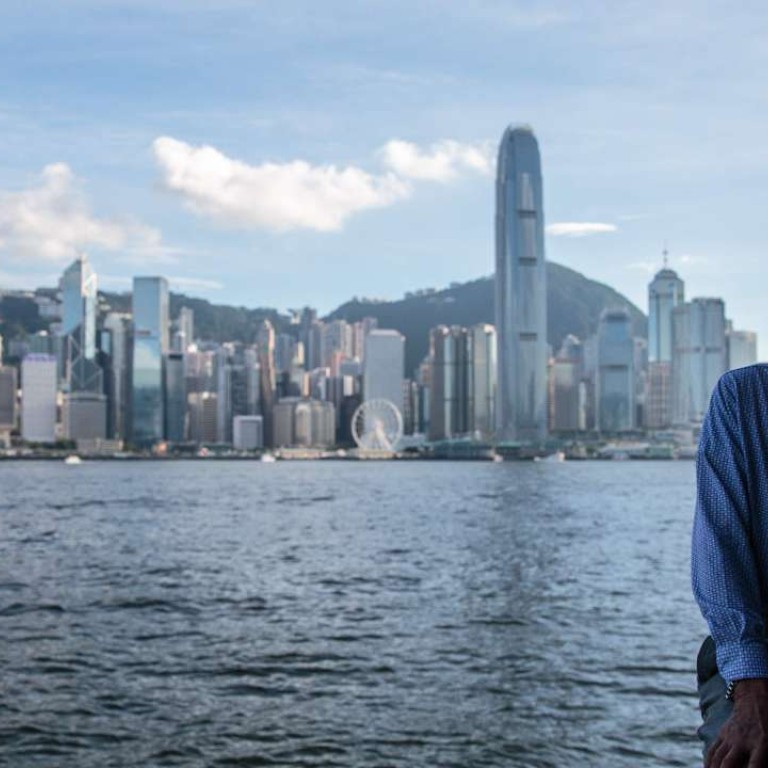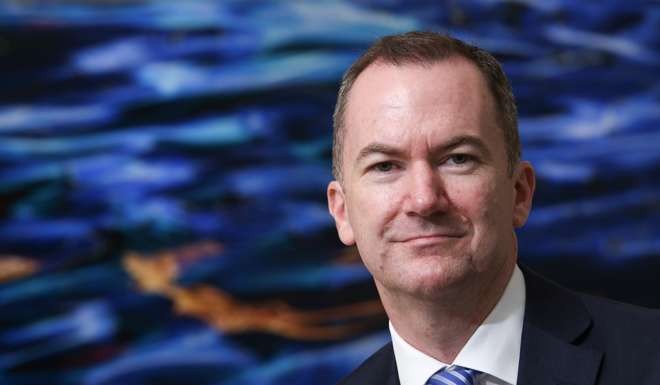
Are Hongkongers asking too much of MPF? Pension study finds investors get half the return they expect
Investors’ expectations of the compulsory savings scheme are “unrealistic” and may lead to a serious retirement shortfall, say Schroders
Hong Kong employees have unrealistic expectations of their pension income far exceeding actual returns from the Mandatory Provident Fund (MPF), a mismatch that may lead to a serious shortfall in retirement, pension fund experts warned.
Hong Kong investors believe they can get an average 8.9 per cent return on their investment, in line with global investors’ expectations of 9.1 per cent, according to an international survey by British fund house Schroders.
The MPF, the city’s compulsory retirement savings scheme, returned just 5 per cent in the first nine months of this year, its best performance in three years, having lost 2.95 per cent in 2015 and 1.55 per cent in 2014.
Employees need to understand they cannot rely on high investment income for their retirement
The Schroders survey took account of 20,000 investors in 28 markets including Britain, Japan, Singapore, and 500 respondents from Hong Kong.
Fifty-two per cent of investors said they would be happy with a return of less than 10 per cent.
“This is an expectation that’s too high and is not realistic,” said Chris Durack, chief executive of Schroders’ Hong Kong office in an interview with the South China Morning Post.
“In the current environment where bond yields from key markets are below 1 per cent, coupled with the average stock market yield of 3.8 per cent, investors with very high income expectations will likely be disappointed.”
The MPF has only exceeded the respondents’ expectations in three of the last 10 years, returning 12.18 per cent in 2012, 26.37 per cent in 2009 and 16.50 per cent in 2007.

“They need to contribute about 15 per cent of their monthly salary to their pension scheme to meet the gap.
“There are two headwinds investors need to beware of for their retirement planning - longevity and inflation. If they live longer than expected, and if the inflation is high, that would be a problem.”
The MPF requires employer and employee to each contribute 5 per cent of the monthly salary, up to a maximum of HK$3,000.
Durack said the survey showed global investors expect to live for about 21 years after retiring at 60 but, in fact, Hong Kong women on average live to 87.32 years, and local men 81.24 years, the highest longevity globally.
Investors who chase a 9 per cent return would need to prepare to take a higher risks
Hong Kong Investment Funds Association chairman Arthur Bacci said a 9 per cent expectation for pension fund returns is too high in the current low interest rate environment.
“Many US funds produce an average return between 4 and 6 per cent, which is more realistic,” Bacci told the Post.
“It is possible for some funds to get a return at 9 per cent provided they take a more risky investment strategy. Investors who chase a 9 per cent return would need to prepare to take a higher risks.”
Elvin Yu, the principal at pension consultancy firm Goji Consulting, said a 9 per cent return this year for some funds is achievable.
“Multi-asset funds with higher equity allocation have done well year-to-date, especially with the strong performance in Asia, excluding Japan equity markets,” Yu said. “The fourth quarter may see more volatility due to the next round of Brexit discussion and the US election, but as uncertainty decreases hopefully there will be no major correction in the fourth quarter.
“Multi-asset funds can play up their function of global diversification in such markets. The choice of higher or lower equity allocation depends on the investors’ appetite and risk profile.”
‘

